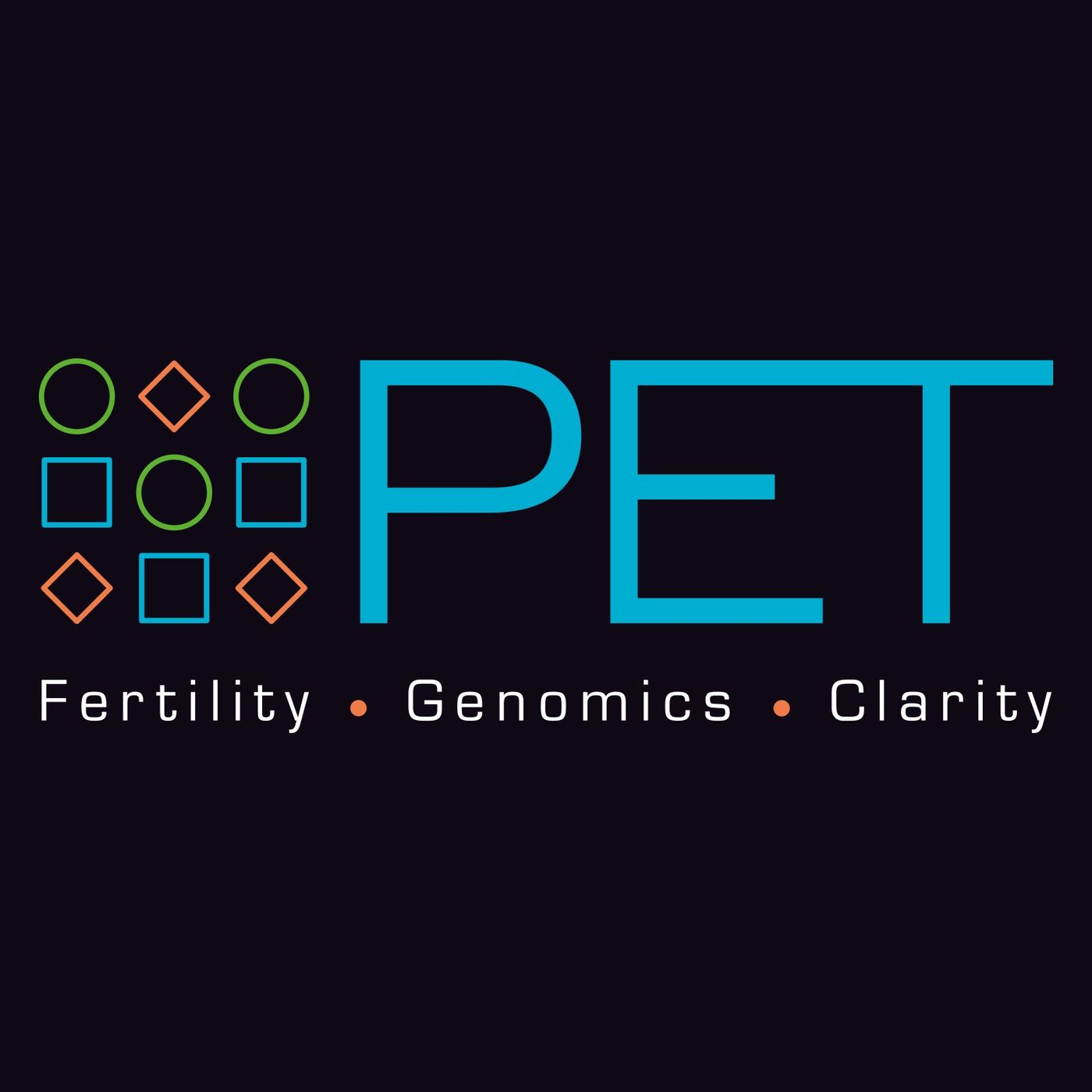Small Change: Is It Time to Reconsider Compensation for Gamete Donors?
Description
This episode of the Progress Educational Trust (PET) podcast discusses levels of compensation for donors of sperm or eggs.
The discussion is chaired by Sarah Norcross (Director of PET), with contributions from:
⚫ Nayla Tohme (Patient Engagement Officer at the London Egg Bank)
⚫ Hayley King (donor-conceived person, also herself a mother of twins conceived with donor sperm)
⚫ Saghar Kasiri (Director of European Operations at Cryos International)
⚫ Dr Ben Hurlbut (Associate Professor of Bioscience Ethics at Arizona State University)
What levels of compensation – financial or otherwise – should be standard, and permissible, for gamete donors? The UK's fertility regulator, the Human Fertilisation and Embryology Authority (HFEA), last addressed this question in 2011.
Following a public consultation, the HFEA decided that donors could receive fixed sums of money (this had not been permitted previously), with a maximum of £35 per clinic visit for sperm donors and a maximum of £750 per cycle of donation for egg donors. The HFEA arrived at these figures after reviewing policies in 15 other European countries, taking particular inspiration from Danish policy (for sperm donor compensation) and Spanish policy (for egg donor compensation).
The maximum payments set in 2011 remain in place in the latest edition of the HFEA's Code of Practice (CoP). The CoP also permits egg sharing and sperm sharing arrangements, stating that clinics 'may offer benefits in kind, in the form of reduced-price or free licensed services (for example, fertility treatment or storage) or quicker access to those services, in return for providing eggs or sperm for the treatment of others'.
12 years on, should compensation for gamete donors be reconsidered, to take account of inflation and the cost-of-living crisis?
Importantly, those who donate gametes in the UK are only officially permitted to receive 'compensation' for their donation, as distinct from 'payment'. This distinction was originally a requirement of the European Tissues and Cells Directive of 2004, which stipulates that 'member states shall endeavour to ensure voluntary and unpaid donations of tissues and cells' and that 'donors may receive compensation, which is strictly limited to making good the expenses and inconveniences related to the donation'.
Now that the UK has left the European Union, it might be asked whether the UK is still bound by this particular requirement – and if it is, whether it should be.
PET is grateful to the Association of Reproductive and Clinical Scientists and the British Fertility Society for supporting this discussion.
PET is also grateful to Jon Nicoll, who created the opening and closing music for its podcast.
Register at https://www.progress.org.uk/events/upcoming-events/ for upcoming PET events.
More Episodes
This episode of the Progress Educational Trust (PET) podcast discusses the Generation Study – an NHS-embedded research study which is sequencing the whole genomes of 100,000 newborn babies, in order to understand whether we can improve our ability to diagnose and treat genetic conditions.
The...
Published 11/01/24
Published 11/01/24
This episode of the Progress Educational Trust (PET) podcast discusses the use of artworks to improve understanding and advance knowledge of the causes of infertility, and of future prospects for IVF and other assisted reproductive technologies (ART).
The discussion is chaired by Sarah Norcross...
Published 07/29/24


